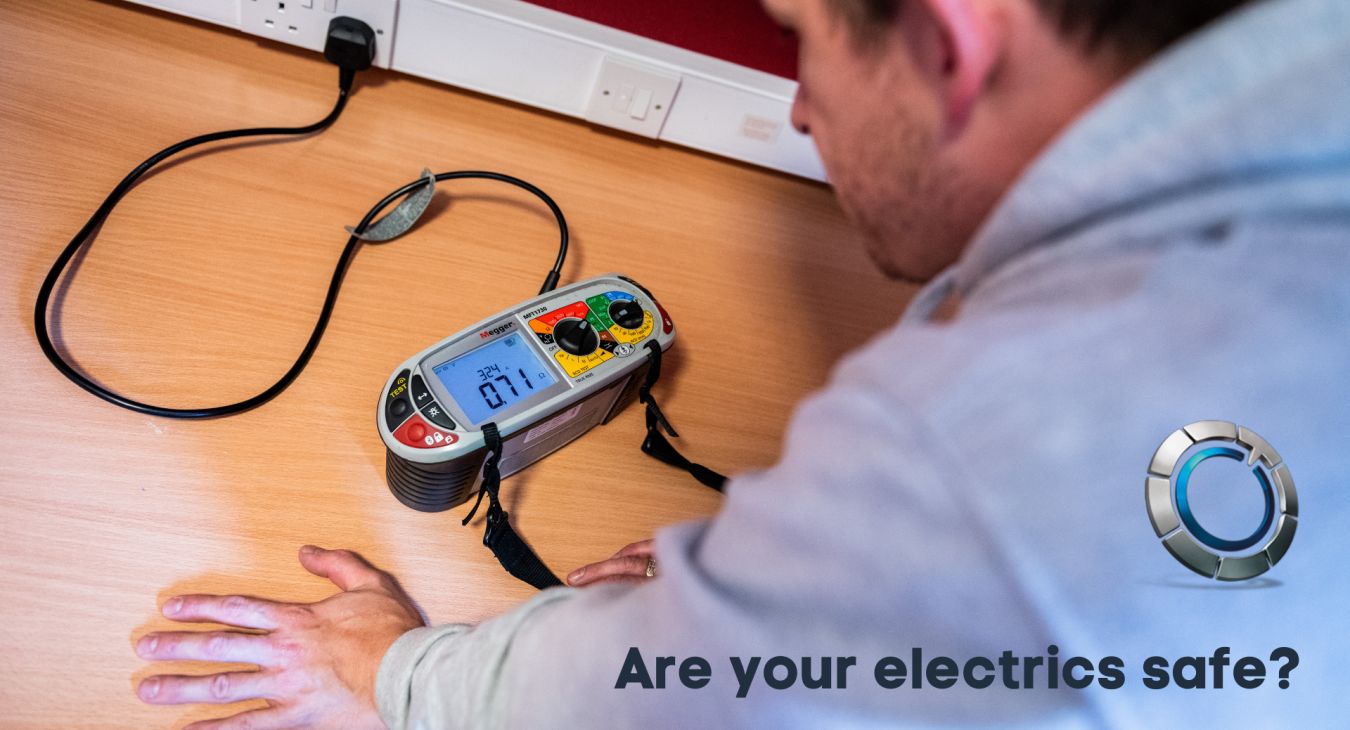
As NICEIC registered electricians, we carry out many electrical safety checks (otherwise known as EICRs or Electrical Installation Condition Reports) in homes across Nottinghamshire and Derbyshire. Mostly we are instructed to carry out these inspections by homeowners who are selling their homes and are requested to demonstrate the safety of their electrics. However, house sale or not, checking the safety of your homes electrics on a regular periodic basis (at least every 10 years) is a very good idea; around 350,000 people are seriously injured as a result of dangerous electrics and nearly half of all accidental house fires are the result of unsafe electrics.
Back to top1) What will get checked during the electrical inspection?
An electrical inspection looks at the electrical installation (the fixed electrics) in the property and inspects them for damage, deterioration and defects which may pose a danger. The report provides an overview of the condition of the electrics and whether they meet current British standards as detailed in BS7671. The EICR will also include observations, classified as Code 1, 2 or 3. C1 and C2 mean there are electrical dangers present which must be improved, and C3 means there are recommendations, but these don’t pose an immediate danger to anyone using the electrics.
Fixed installations, such as extractor fans, will be tested during the inspection, but appliances such as dishwashers or tumble dryers won’t be tested. However, if you are worried about the safety of such appliances you can always get them PAT (Portable Appliance Testing) tested – the electricians at Definitive Electrical provide this service if you need it.
Back to top2) What does the electrical inspection look for?
The intention of the inspection is to check that the underlying electrics are safe – it isn’t intended to determine whether or not they are faulty.
- Consumer Unit (Fuse Box): the electrician checks whether it is safe and compliant with current regulations. They will also check whether it has the necessary circuit breakers and RCD protection to prevent any users receiving potentially fatal electric shocks.
- Earthing: the electrician will check that the property has sufficient main earthing and all final circuits have protective conductors to each connected point.
- Bonding: in a similar way to the earthing, the electrician will check all fixed metalwork and pipework, such as to your gas meter and water pipes, has sufficient earthing to prevent accidental electrical shocks should a fault occur.
- Sockets/ Lights/ Accessories: the electrician will test a sample of at least 10% of these to check that they have been wired and installed correctly.
3) How can you prepare for an electrical inspection?
To help our electricians in Nottingham to inspect your electrics as smoothly as possible, it can be helpful to make sure that all lights, sockets, and switches are easy to access by moving anything that might be blocking them. The electrician will also need to turn the power off in order to test safely so it is a good idea to make sure that the inspection has been booked on a day when this won’t cause you too much inconvenience. All you need to do then is leave our trained engineers to get on with the inspection. In most instances, the inspection will take between two and four hours, although a property with a larger than average number of consumer units or circuits could take longer.
If you think it is time your electrics had a good once over, give Definitive Electrical Solutions a call on 0115 647 0093 and book one of our trained and registered electricians to provide you with an inspection for your safety and peace of mind.
Back to top




